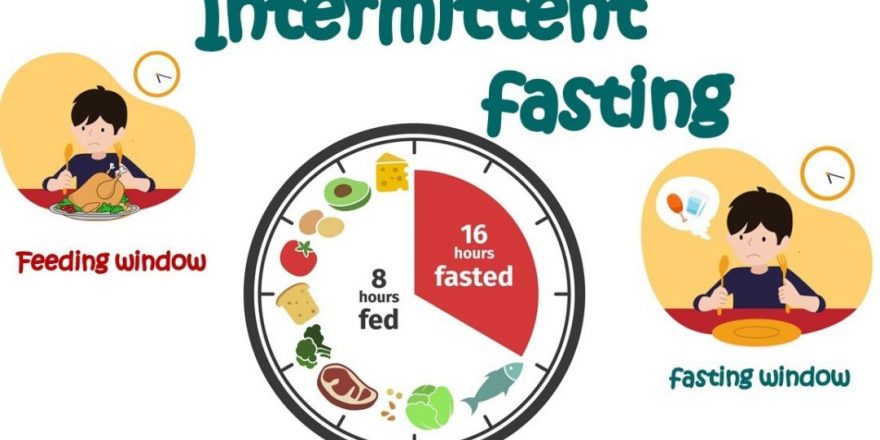Navigating the complex world of male health can often feel like walking through a maze blindfolded. My personal journey with understanding the link between testosterone and erectile dysfunction (ED) has been both enlightening and challenging. It’s a path many men travel in silence, but I’ve learned that knowledge and open conversation can light the way.
The Role of Testosterone in Male Health
Testosterone, often dubbed the essence of manhood, plays a pivotal role in our overall well-being. Beyond its well-known contributions to libido and muscle mass, testosterone influences mood, bone density, and a myriad of other physiological processes. Recognizing its importance was the first step in understanding my own health struggles.
When Low Testosterone Meets ED
The realization that my difficulties with erectile dysfunction might be more than just an isolated issue came as a shock. Like many, I was reluctant to acknowledge it, let alone discuss it. However, learning that low testosterone levels could lead to ED provided a glimmer of hope. It meant there was a tangible reason behind the problem, and more importantly, potential ways to address it.
Recognizing the Signs
Symptoms of low testosterone can be subtle and often mistaken for normal signs of aging. For me, it was a combination of fatigue, a noticeable dip in my libido, and of course, ED. These signs prompted me to seek professional help, a decision that I now view as a turning point in my life.
The Diagnosis Journey
The process of diagnosing low testosterone and ED involved thorough discussions with healthcare professionals, blood tests, and a lot of patience. It was during this time that I truly understood the importance of testosterone in sexual health and its direct impact on erectile function.
Exploring Treatment Options
Testosterone Replacement Therapy (TRT)
Discovering TRT was akin to finding a beacon in the night. This treatment, which supplements low testosterone levels, showed promise in not only improving ED but also enhancing overall quality of life. It wasn’t a decision I took lightly, considering the potential risks and side effects, but it was one worth exploring.
Beyond TRT: Alternative Treatments
TRT wasn’t the only path forward. I learned about other treatments for low testosterone and ED, including lifestyle changes, alternative medicine, and interventions like vacuum erection devices and penile implants. Each option opened a new avenue for managing my condition.
Making Lifestyle Changes
One of the most impactful lessons on this journey was the importance of lifestyle in managing testosterone levels and ED. A balanced diet, regular exercise, and stress management became non-negotiable aspects of my daily routine. These changes not only supported my treatment but also improved my overall sense of well-being.
Navigating TRT Risks
Embarking on TRT required a commitment to regular monitoring and open dialogue with my healthcare provider. Understanding the potential side effects, from skin reactions to more serious cardiovascular risks, was crucial. It was a balancing act of benefits and precautions, but one that, for me, has been worth it.
Conclusion: A Path to Understanding
My journey to understanding the link between testosterone and ED has been both personal and profound. It’s taught me the value of self-advocacy, the importance of health literacy, and the need for openness in addressing men’s health issues. If there’s one thing I’ve learned, it’s that facing these challenges head-on, armed with knowledge and support, can lead to meaningful improvements in health and quality of life.
A Call to Share and Learn Together
I share my story not for sympathy but to light a path for others facing similar struggles. Erectile dysfunction and low testosterone are not just personal battles; they’re issues that affect millions of men worldwide. By sharing our experiences and seeking professional guidance, we can navigate these challenges together.
If you’re on a similar journey, know that you’re not alone. I encourage you to seek professional advice, explore your options, and most importantly, keep the conversation going. Your health and happiness are worth it.





